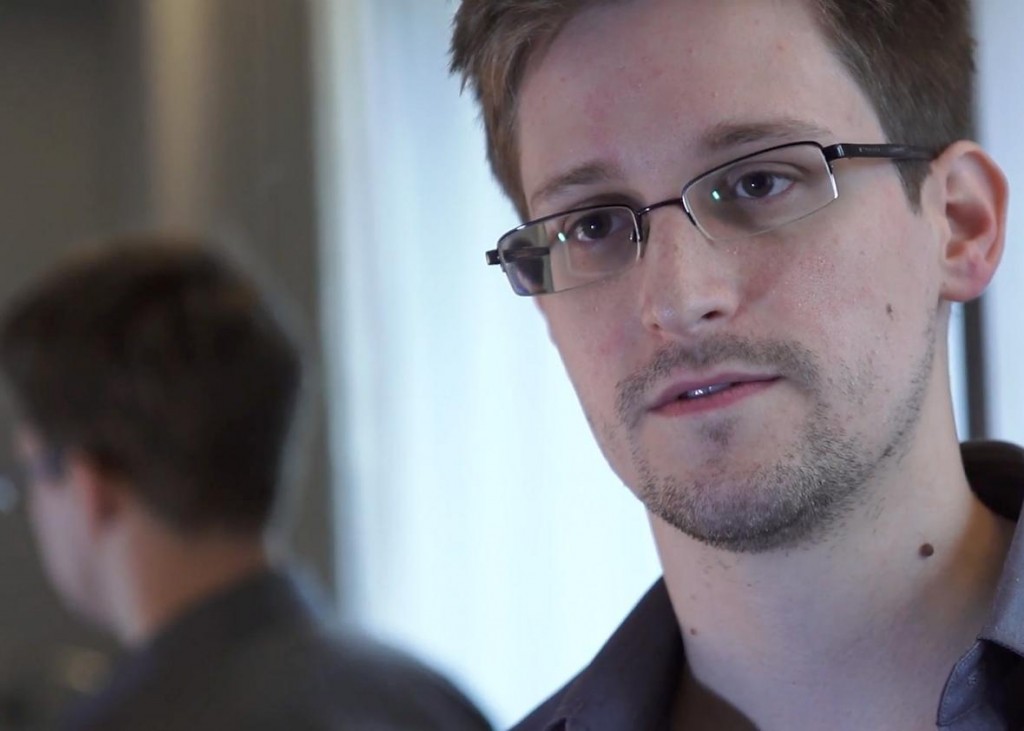An encrypted communications app called Telegram has been in the news a lot this week, amid fears that the Islamic State has adopted it as its preferred platform for messaging.
On Nov. 18, Telegram reportedly banned 78 ISIS-related channels, “disturbed” to learn how popular the app had become among extremists. Those extremists had used the app both to spread propaganda, according to an October report, and to crowdfund money for guns and rockets, according to Vocativ.
Telegram makes an obvious choice for both activities: In media interviews and on his Web site, the app’s founder — Pavel Durov, often called the “Zuckerberg of Russia” — has boasted that Telegram is technologically and ideologically unsurveillable. In the wake of the terrorist attacks in Paris, however, questions have begun to emerge about how trustworthy Telegram actually is.
Multiple cryptologists and security experts have claimed that Telegram is actually not all that secure: a flaw that may reflect the fact that Telegram wasn’t initially conceived as an encrypted messaging platform.
On top of that, while Telegram is typically described as a highly principled, Berlin-based nonprofit, that hasn’t always been the case: Up until about a year ago, Telegram was an opaque web of for-profit shell companies — mired in conflict and managed, in large part, from the United States.
“Pavel is really unpredictable,” said Axel Neff, the estranged co-founder and former chief information officer at the company. “His biggest drive has always been notoriety.”
Neff makes an odd protagonist in a tale of international corporate intrigue. Raised in rural ski country south of Buffalo, N.Y., and schooled in engineering, Neff was essentially working in construction when Durov founded Russia’s largest social network, Vkontakte, in 2006. Neff’s a salt-of-the-earth guy — a Bills fan and the co-owner, with his mother, of a train-themed restaurant — who seems to have stumbled into Russian tycoon circles entirely by accident. (Neither Pavel nor Telegram returned the Post’s request for comment.)
In college, one of his high school buddies studied abroad in Russia, where he was fortuitously placed in a study group with Durov and a guy named Ilya Perekopsky. Neff befriended Perekopsky when he came to Buffalo for a summer to practice English; Perekopsky went on to help found VK. Before he knew it, a random 28-year-old who drove an old Toyota and lived in rural New York state was the assistant director of international operations at one of the world’s largest social networking companies.
Neff was pretty good at his job, according to court documents made public in 2014 that shed light on the business practices and dealings of Telegram — although he did depart, that same year, under sketchy circumstances. After joining VK in 2008, Neff helped develop the site in foreign markets and transition it away from vkontakte.com URL. By 2011, when the political situation in Russia was making business perilous for social networks and other Internet companies, Neff was good friends with both Durov and Perekopsky. In 2012, they and several other VK executives began discussing a new app; Neff began researching server space and renting a downtown Buffalo office.
At the time, Neff said, the concept for the company was simple: a series of messaging apps — of which Telegram would be the first — that relied not on cellphone carriers but on data networks.








